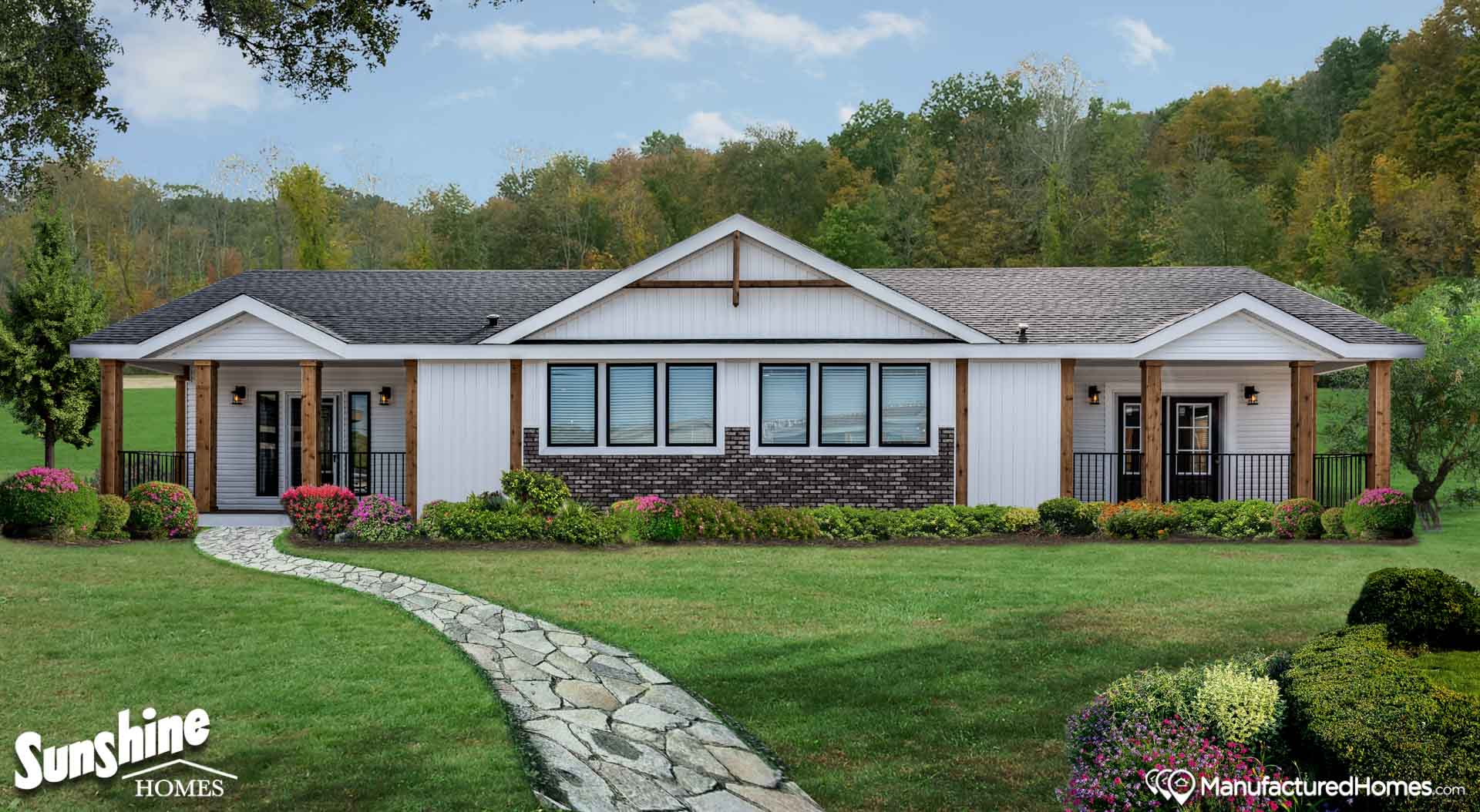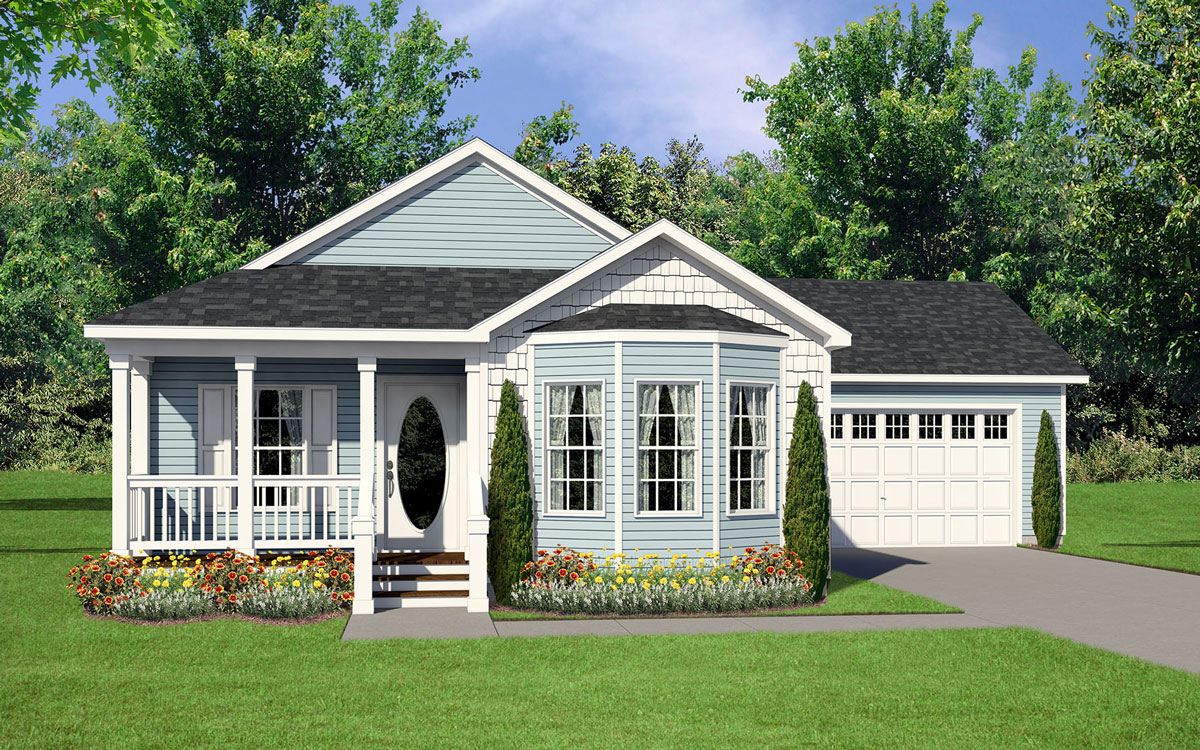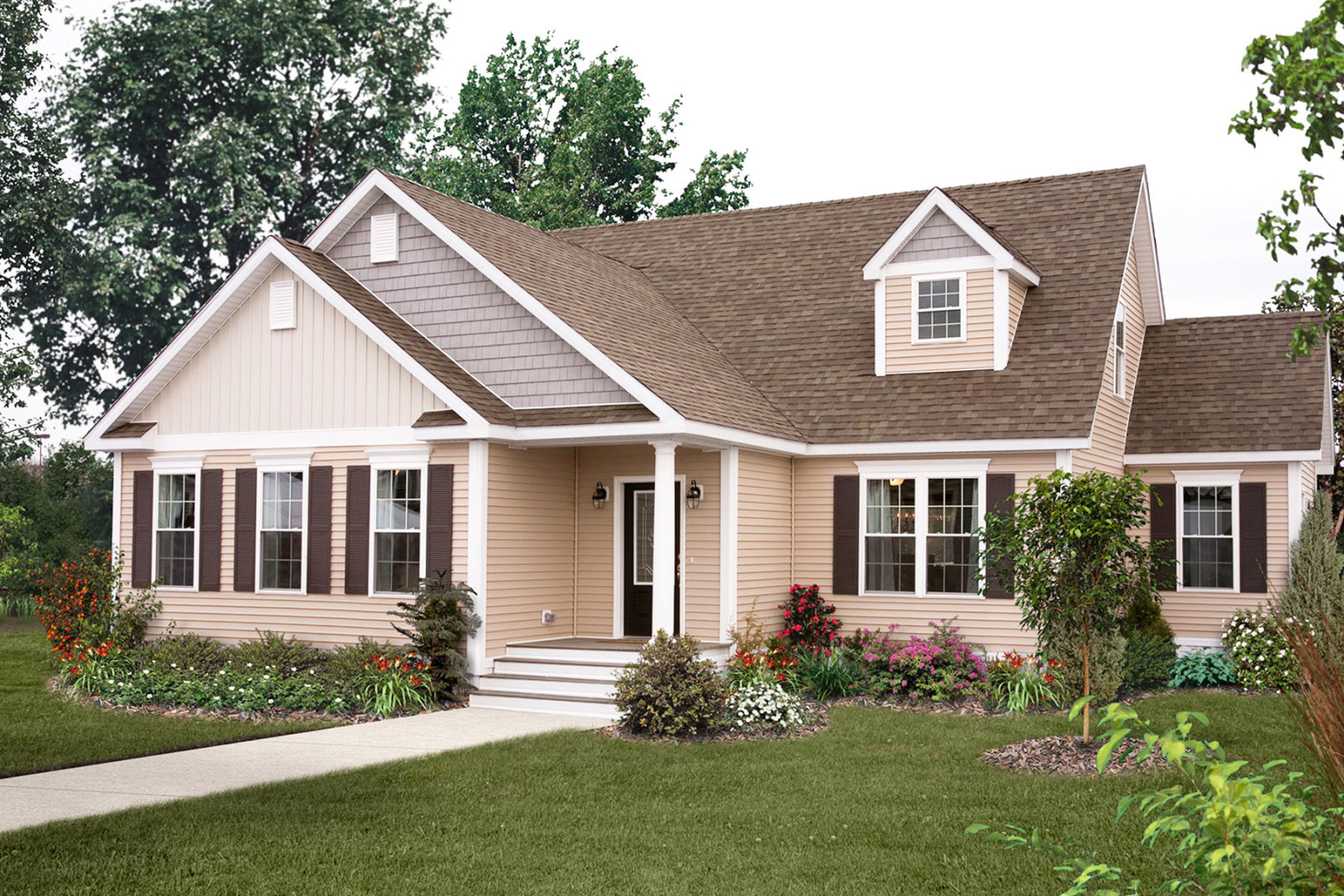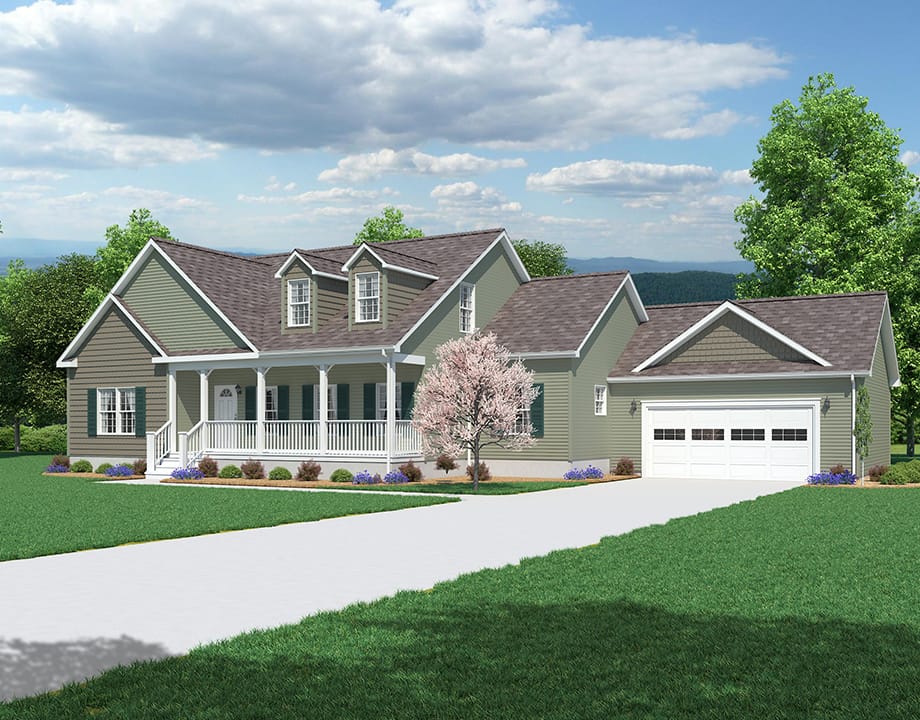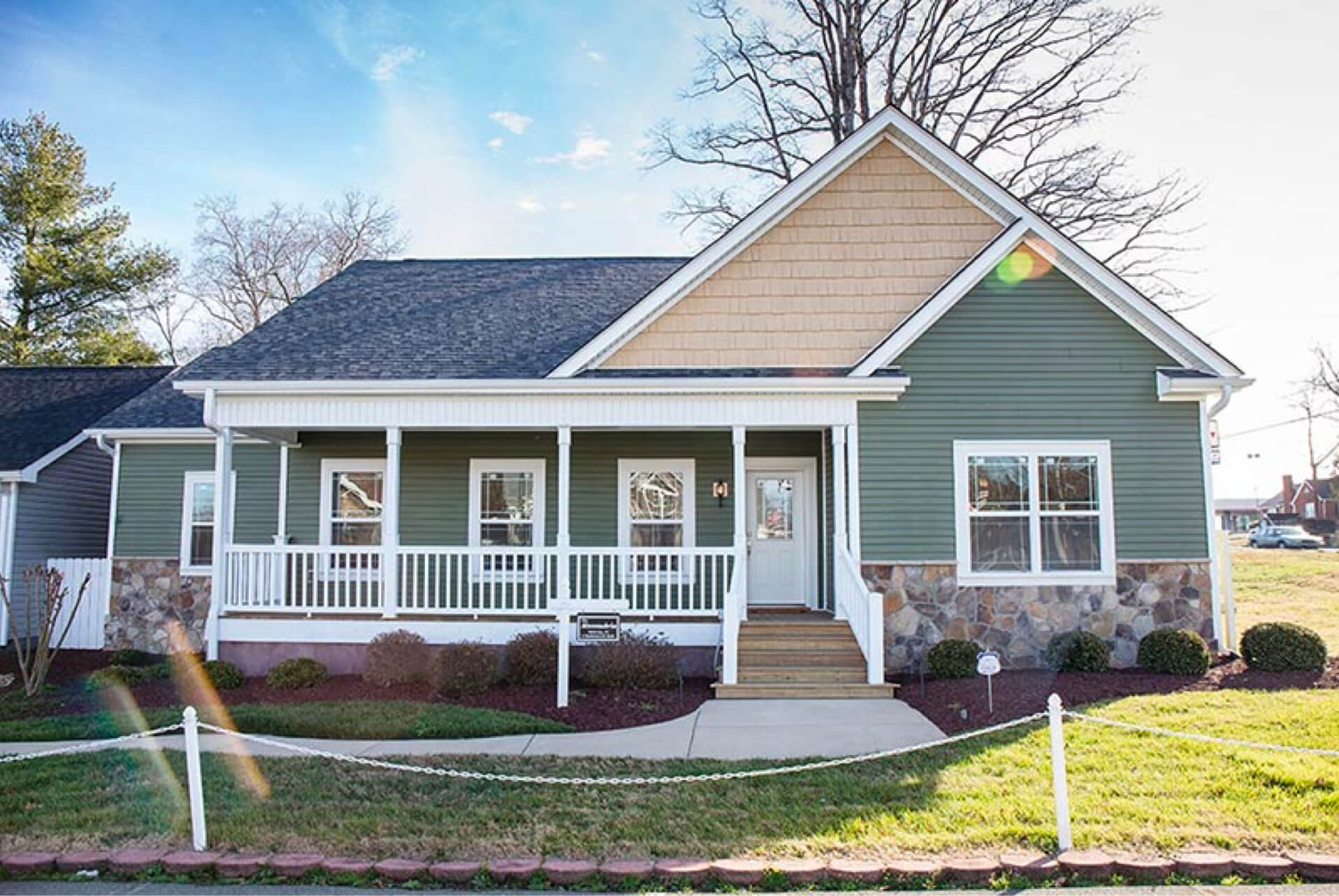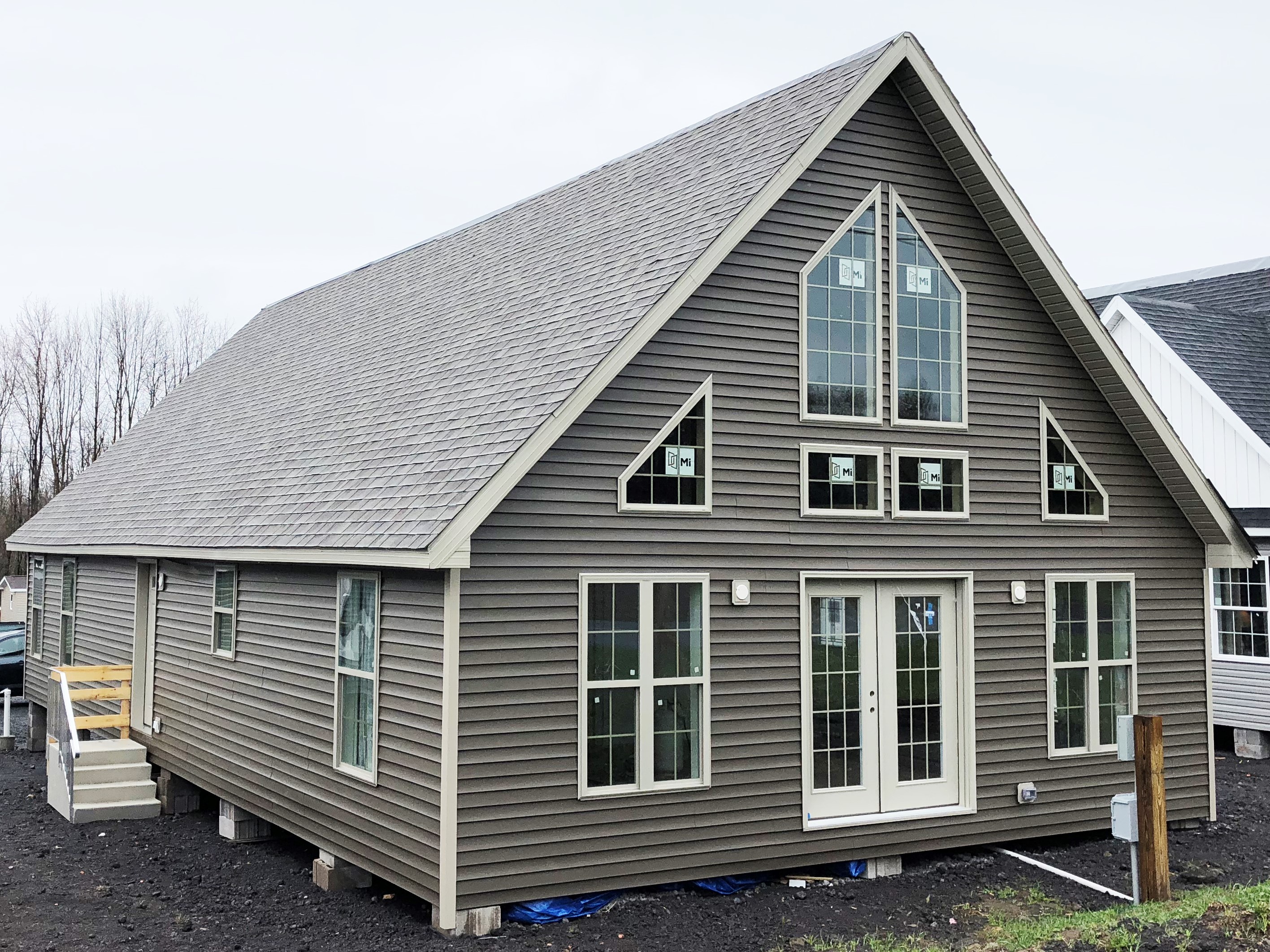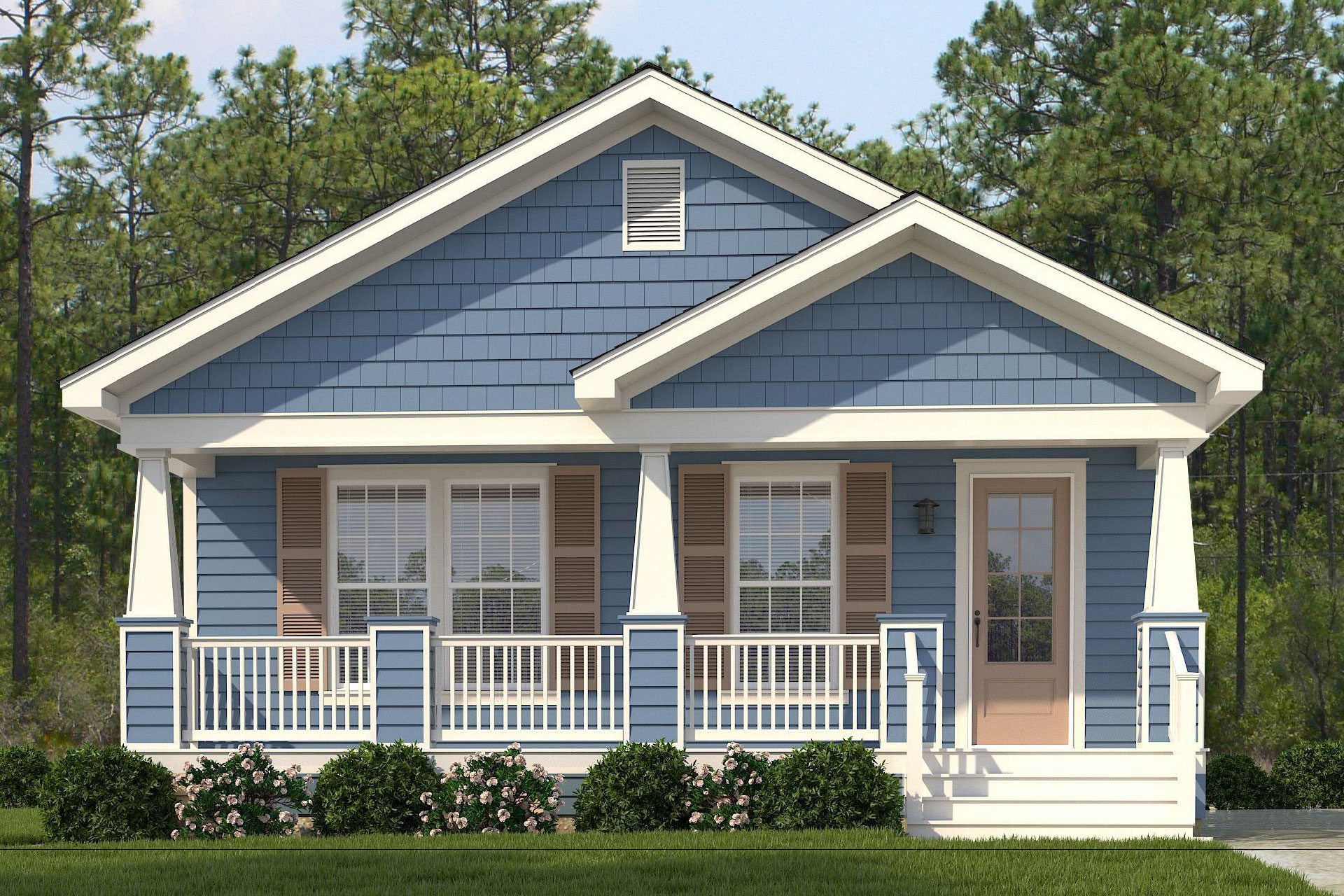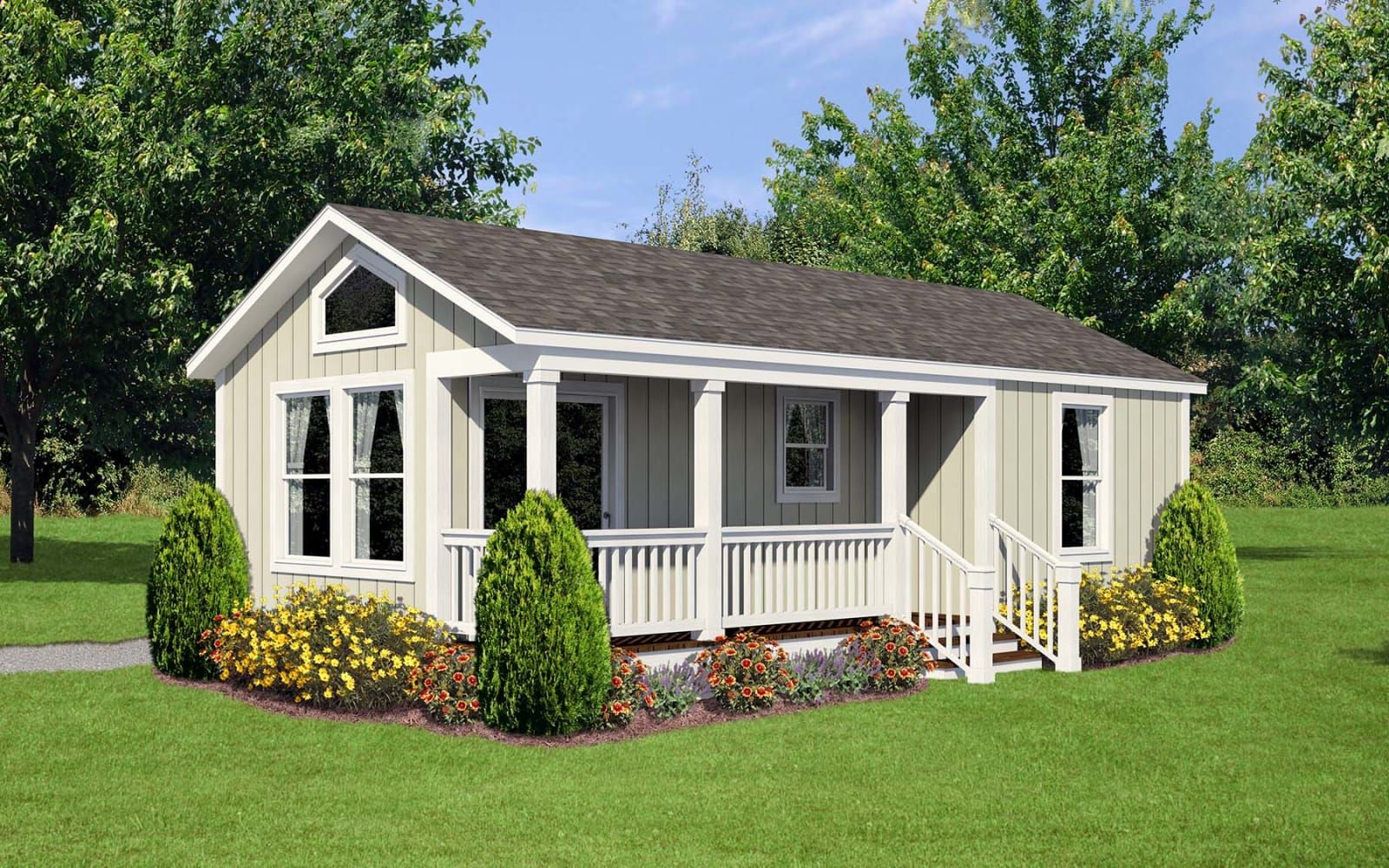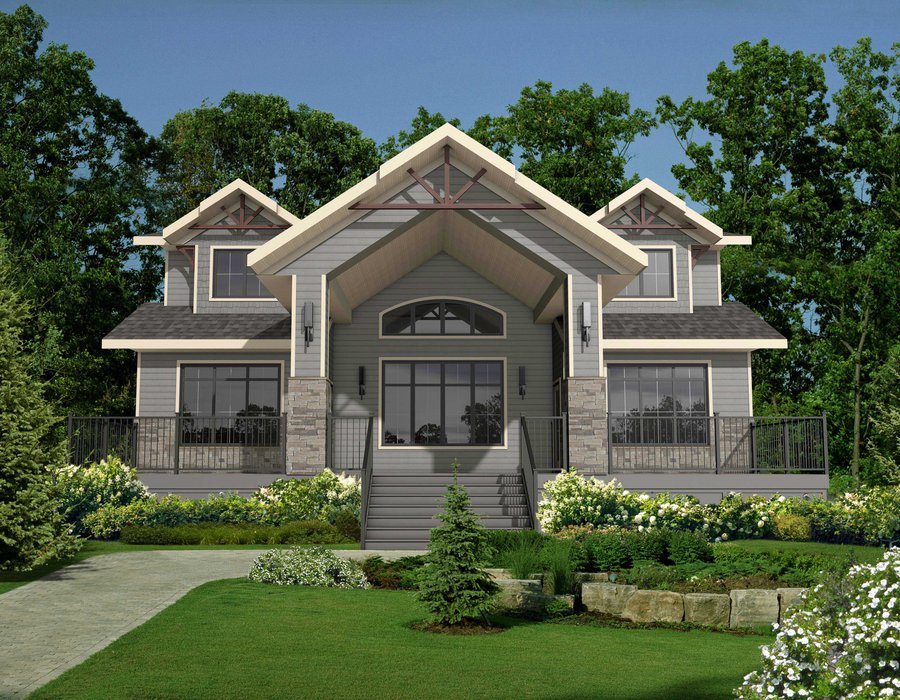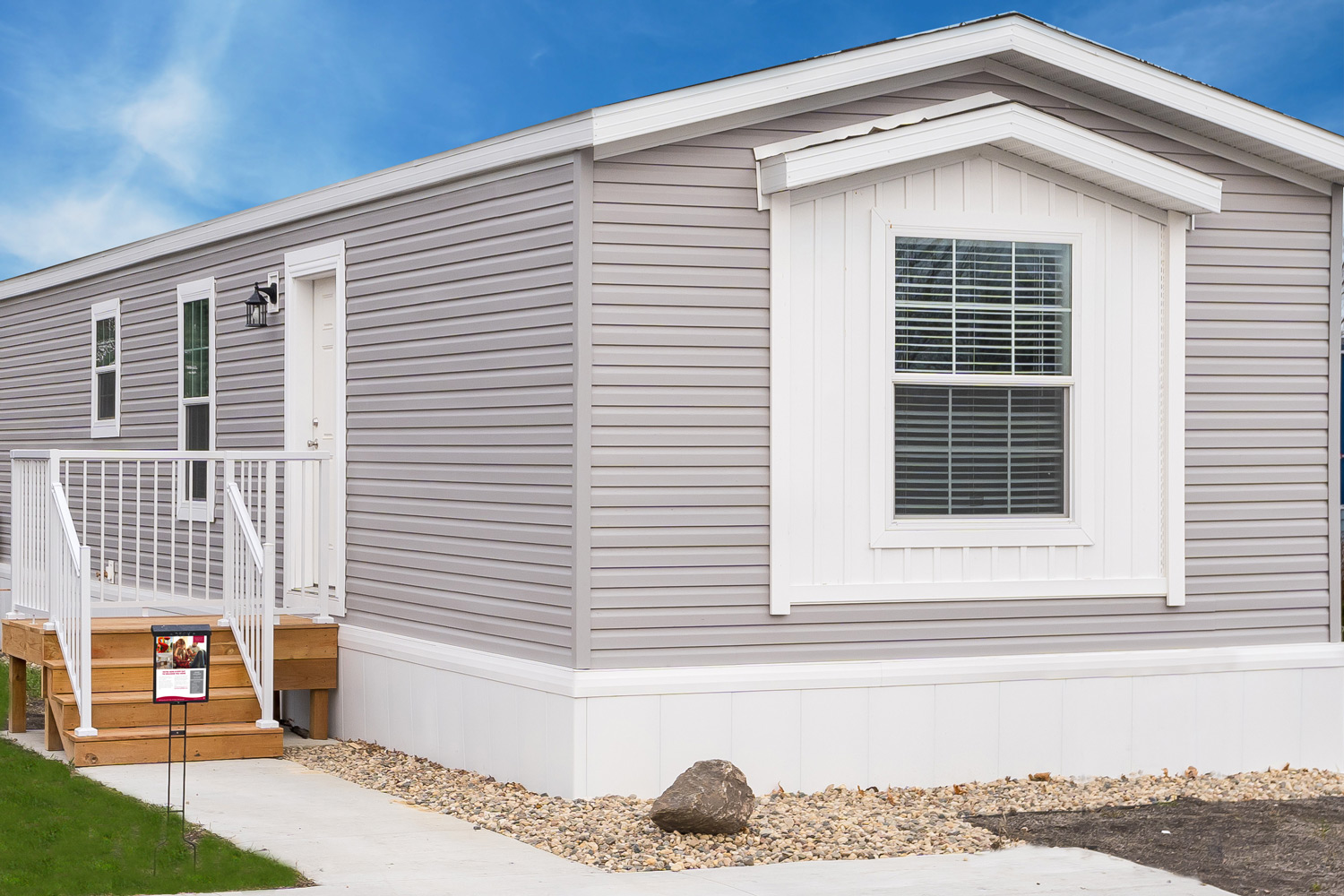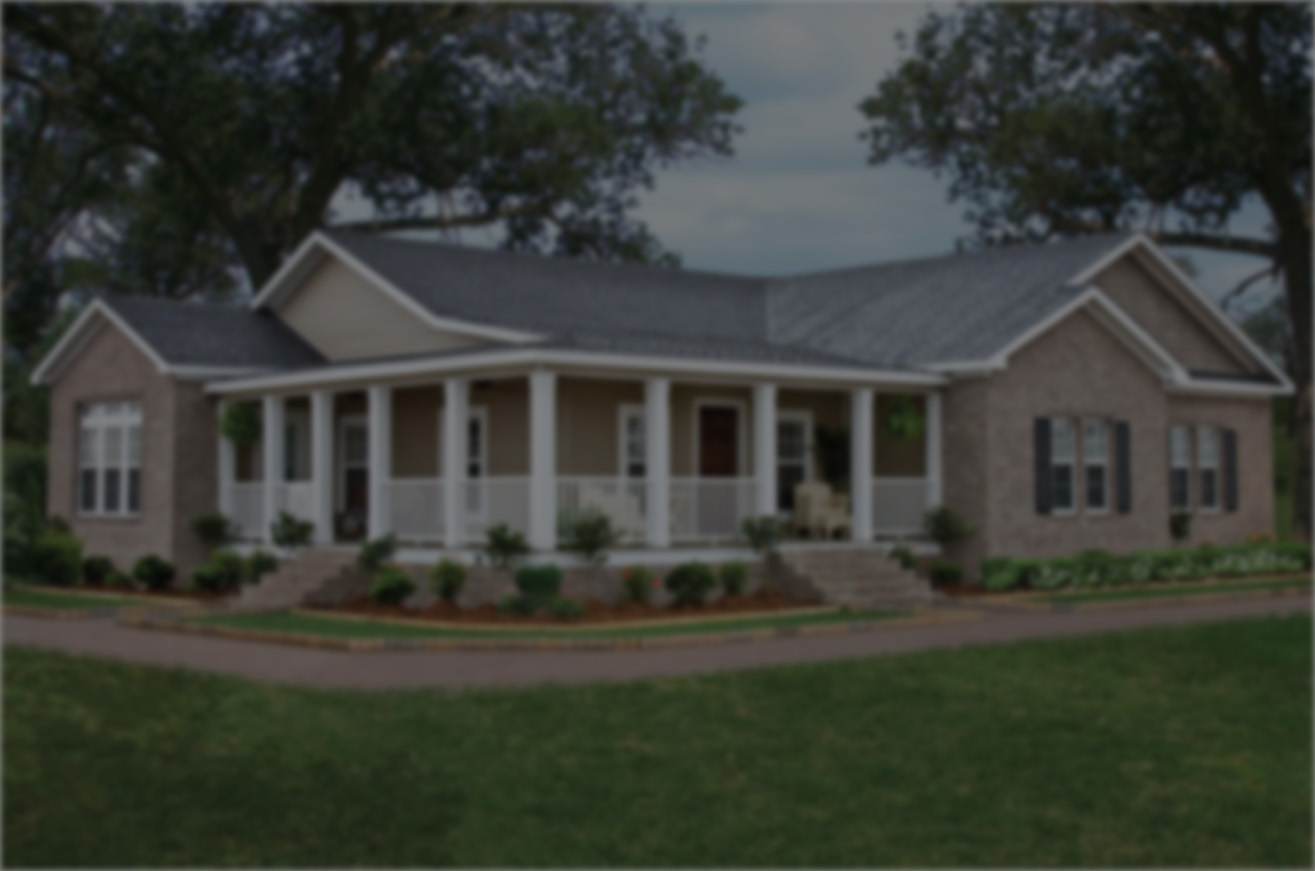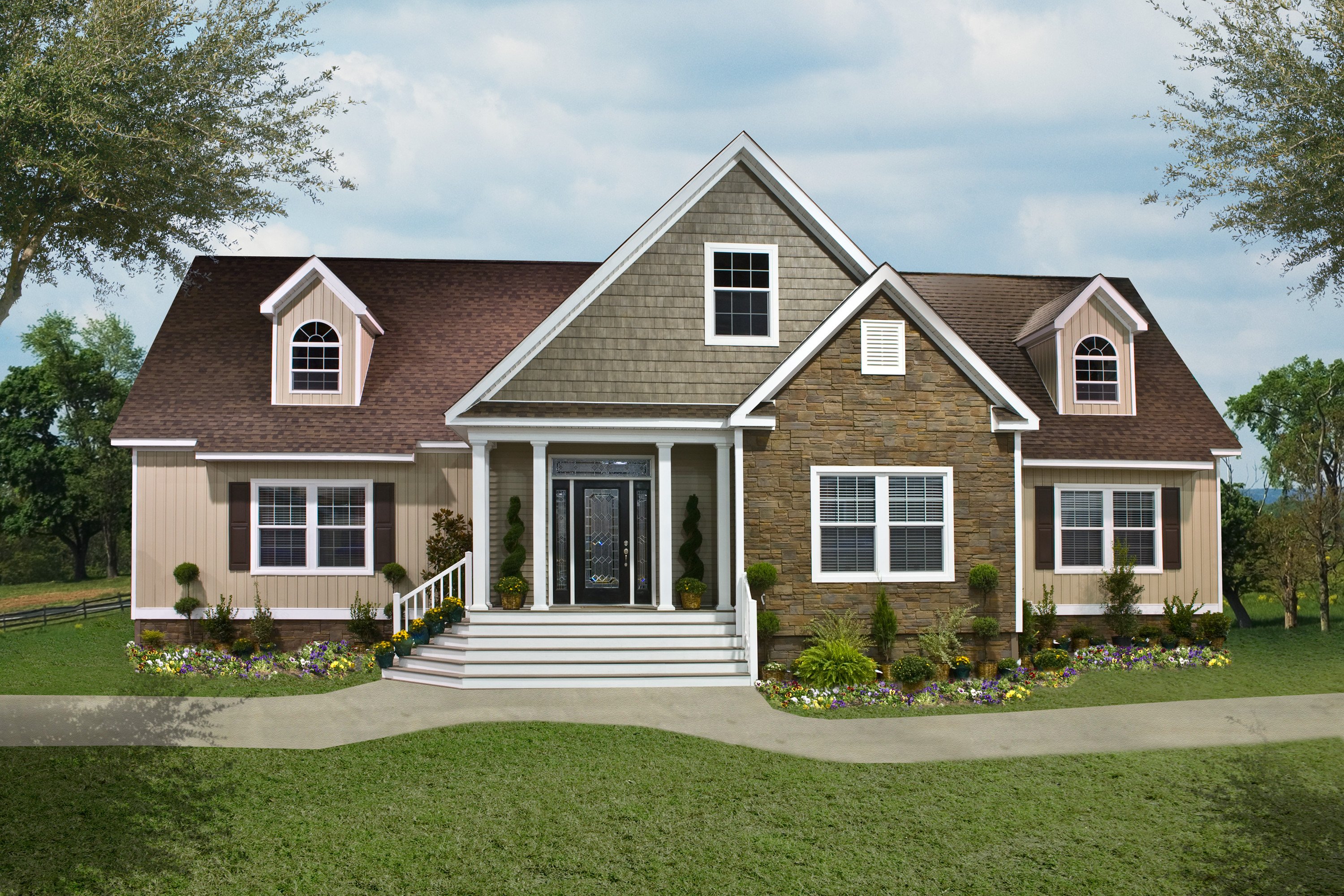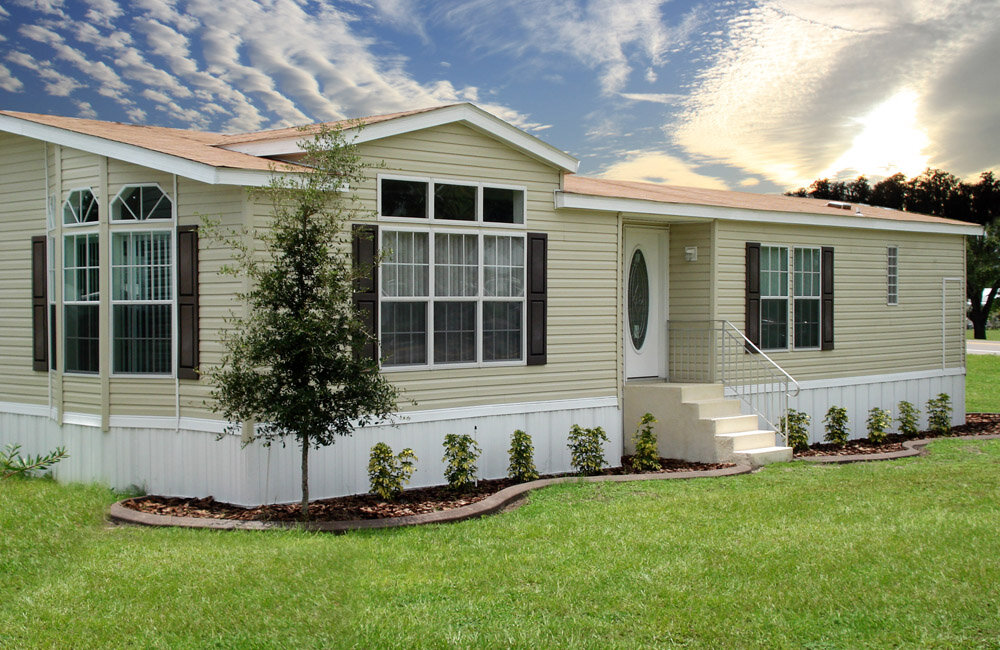Preferred Homes - Custom Manufactured And Modular Homes For Sale
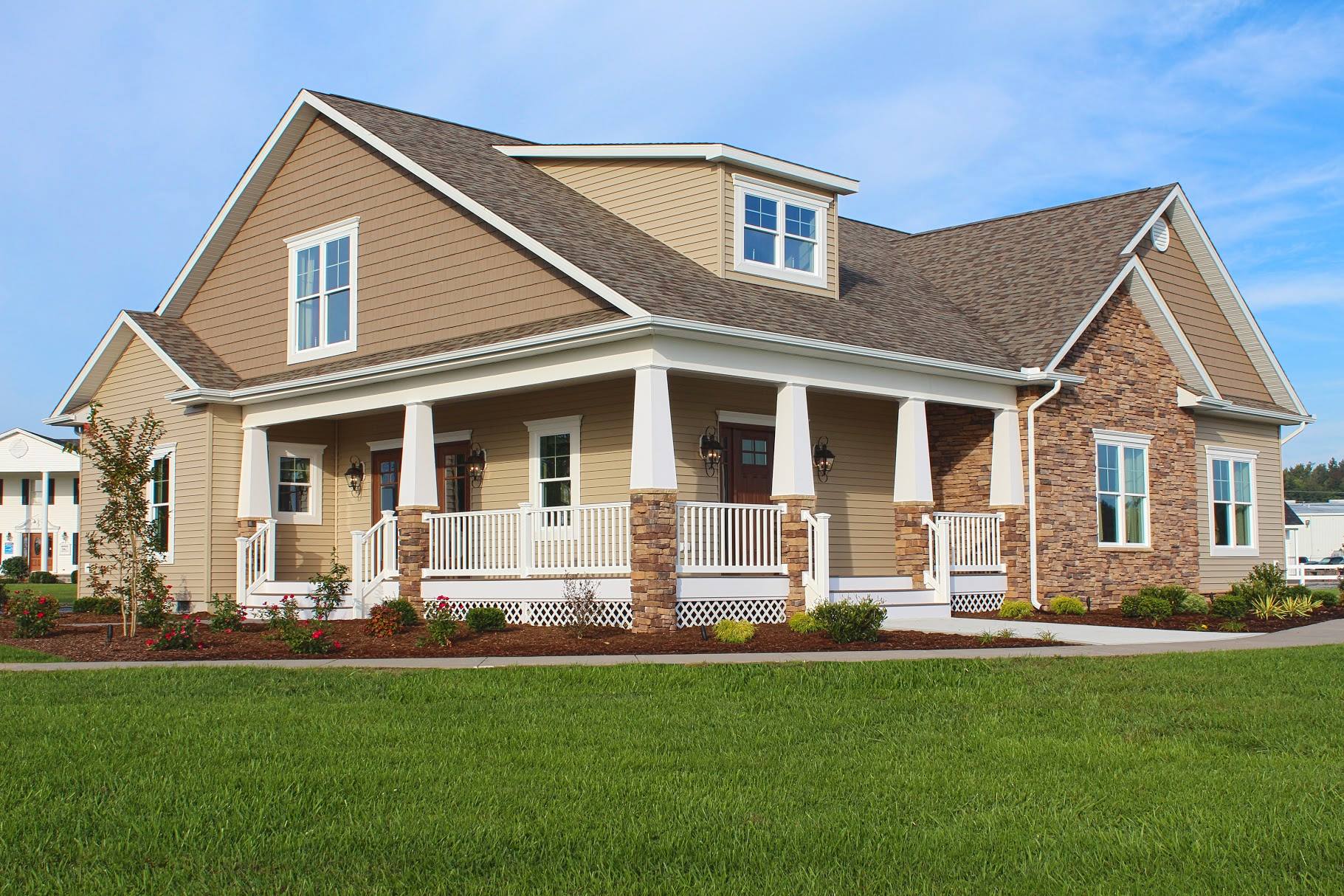
Did you know that custom manufactured homes can be built in a fraction of the time compared to traditional site-built houses? This speed and efficiency are increasingly attracting business owners and managers seeking cost-effective and timely housing solutions for employees or investments.
Why are manufactured and modular homes gaining traction in the business world? It's crucial because they offer a unique blend of affordability, speed of construction, and customization that can directly impact a company's bottom line and strategic goals.
Understanding the Appeal of Custom Manufactured Homes
Custom manufactured homes are built in controlled factory environments, adhering to strict federal standards (HUD code). This process allows for precise construction, minimizing waste and delays often associated with traditional building methods.
The term "custom" emphasizes that these homes aren't simply mass-produced units. Buyers can often select floor plans, finishes, and even customize layouts to meet specific needs and preferences.
For example, a business needing temporary housing for traveling nurses near a rural hospital could invest in a custom manufactured home designed for efficient living and easy maintenance.
Modular vs. Manufactured: Key Differences
While often used interchangeably, modular and manufactured homes have distinct differences. Modular homes are constructed in sections in a factory and then assembled on-site.
They must adhere to the same local and state building codes as site-built homes, offering potentially greater design flexibility and resale value. Manufactured homes, as stated earlier, adhere to the HUD code.
The distinction is important for business owners to understand when considering factors like financing, permitting, and long-term investment value.
Benefits for Businesses: Beyond the Bottom Line
The advantages of custom manufactured and modular homes extend beyond initial cost savings. Consider the reduced construction timelines compared to traditional builds.
Faster project completion translates to quicker occupancy and revenue generation. This can be particularly beneficial for businesses developing employee housing, vacation rentals, or expanding operations in areas with limited housing options.
Furthermore, the streamlined construction process often leads to predictable budgets and reduced risk of cost overruns, a common challenge in traditional construction projects.
Addressing the Workforce Housing Shortage
Many businesses, particularly in rural areas or industries with seasonal peaks, face a critical shortage of affordable workforce housing. Modular and manufactured homes can provide a rapid and cost-effective solution to this challenge.
Investing in quality employee housing can improve employee morale, reduce turnover, and attract top talent. This contributes to a more stable and productive workforce.
Imagine a construction company securing a large project in a remote location. Instead of struggling to find temporary rentals, they could invest in a modular home community, providing comfortable and convenient housing for their crew.
Considerations and Best Practices
While custom manufactured and modular homes offer compelling advantages, careful planning is essential. Thoroughly research manufacturers and builders to ensure quality and reliability.
Pay close attention to site preparation requirements, permitting processes, and financing options. It's often recommended to work with experienced professionals familiar with the specific regulations and requirements in your area.
Don't underestimate the importance of selecting reputable suppliers. Check with organizations such as the Manufactured Housing Institute for guidance and resources (www.manufacturedhousing.org).
Financing and Investment Potential
Financing options for manufactured and modular homes have evolved considerably. While traditional mortgages may be available for modular homes that meet local building codes, specialized financing options exist for manufactured homes.
Explore options like chattel loans or land-home packages. The long-term investment potential of these homes can be significant, particularly in areas with strong demand for affordable housing. Consider the location carefully before making any investment decision.
For example, a business could purchase land and install several manufactured homes for use as rental properties, generating a steady stream of income.
Conclusion
Custom manufactured and modular homes are no longer simply an alternative to traditional housing. They represent a strategic solution for businesses seeking affordable, efficient, and customizable housing options.
By understanding the benefits, addressing the considerations, and working with reputable professionals, businesses can leverage these innovative building methods to improve their bottom line, address workforce challenges, and unlock new investment opportunities.
The key takeaway is: custom manufactured and modular homes offer a viable and often superior alternative for businesses looking to solve housing needs quickly and cost-effectively. According to the U.S. Census Bureau, manufactured housing accounts for a significant portion of new homes sold in certain regions, indicating its growing acceptance and market penetration.
